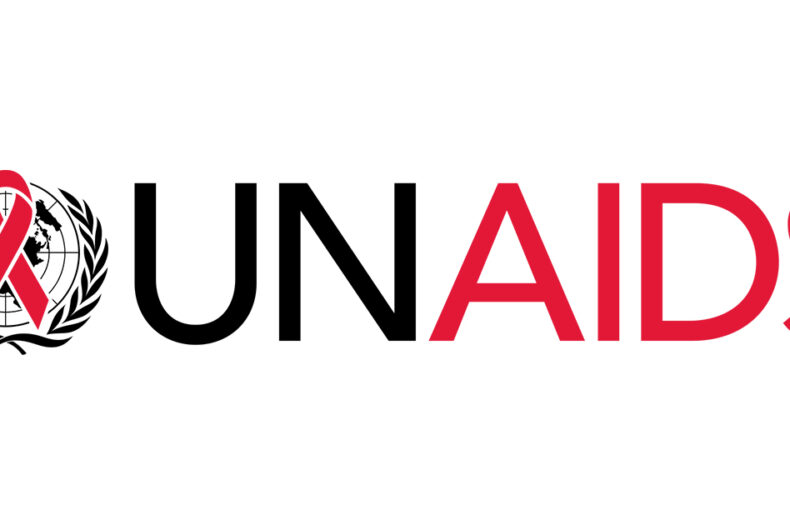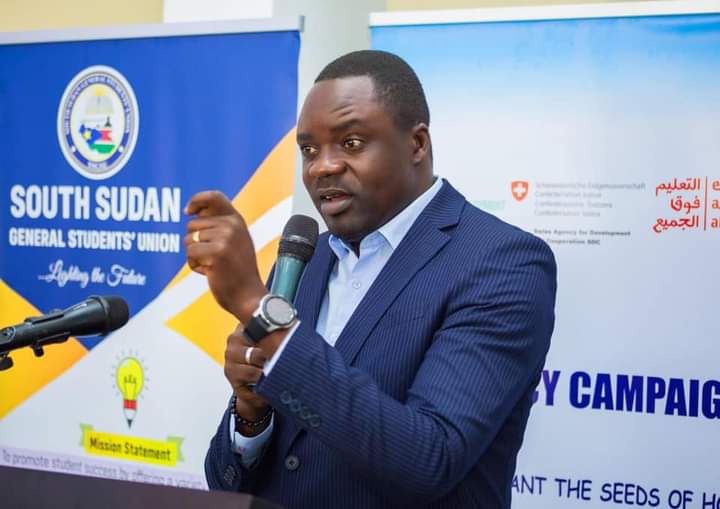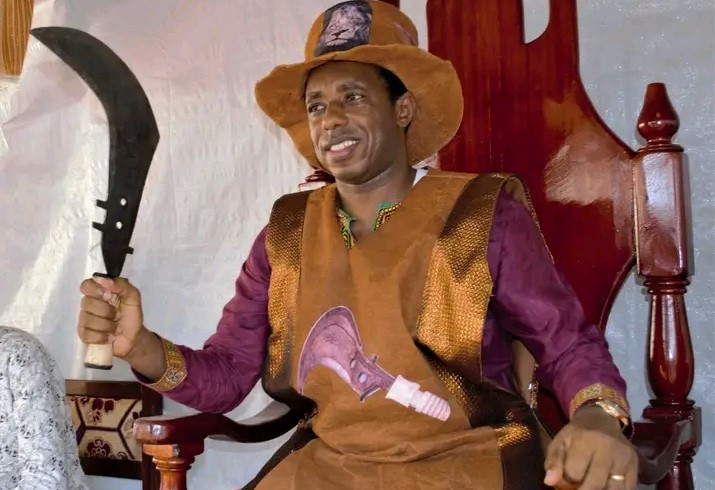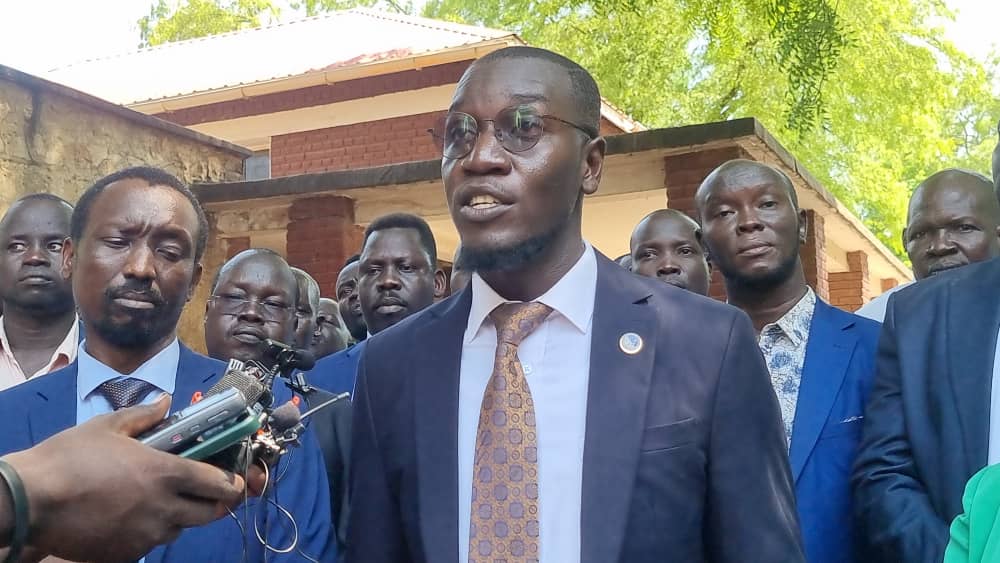World AIDS Day: End inequalities, end aids, end pandemics

South Sudan joins the world in marking the World AIDS Day, with an emphasis on the need to end the inequalities that drive AIDS and other pandemics such as COVID-19 around the world.
The 2021 World AIDS Day is focused on the theme: ‘End inequalities. End AIDS. End pandemics’, with the primary focus on reducing the inequalities that derails efforts invested in the fight against all pandemics, including AIDS.
Without bold action against inequalities, the world risks a resurgence of HIV, as well as a prolonged COVID-19 pandemic and a spiraling social and economic crisis.
Forty years since the first AIDS cases were reported, HIV still threatens the world. Today, the world is off track from delivering on the shared commitment to end AIDS by 2030 and is even risking resurgence, not because of a lack of knowledge or tools to beat AIDS; but because of structural inequalities that obstruct proven solutions to HIV prevention and treatment.
Economic, social, cultural and legal inequalities must be ended as a matter of urgency if we are to end AIDS by 2030.
Although there is a perception that a time of crisis is not the right time to prioritize tackling the underlying social injustices, it is clear that without doing so, the crisis cannot be overcomed.
Tackling the gaps
Tackling inequalities is a long-standing global promise, the urgency of which has only increased. In 2015, all countries pledged to reduce inequalities within and between countries as part of the Sustainable Development Goals. The Global AIDS Strategy 2021–2026: End Inequalities, End AIDS, and the Political Declaration on AIDS adopted at the 2021 United Nations High-Level Meeting on AIDS have ending inequalities at their core.
As well as being central to ending AIDS, tackling inequalities will advance the human rights of key and vulnerable populations, who are living with HIV, make societies better prepared to beat COVID-19 and other pandemics and support economic recovery and stability. Fulfilling the promise to tackle inequalities will save millions of lives and will benefit society as a whole.
But ending inequalities requires transformative change. Political, economic and social policies need to protect the rights of everyone and pay attention to the needs of disadvantaged and marginalized communities such as the people living with AIDS and other vulnerable populations.
We know how to beat AIDS, we know what the inequalities obstructing progress are, and we know how to tackle them. The policies to address inequalities can be implemented, but they require leaders to be bold.
Governments entities, partners and the communities must now move from commitment to action. Governments must promote inclusive social and economic growth. They must eliminate discriminatory laws, policies and practices to ensure equal opportunity and reduce inequalities. It is time for government institutions to keep their promises. They must act now, and we must make them accountable.
In South Sudan, the grim pattern of social inequality has deeply affected the efforts of trying to fight AIDS pandemic. Below tables reflect the patterns of inequality as per the demographics of South Sudan.


This World AIDS Day let’s remind our governments those global inequalities affect us all, no matter who we are or where we are located. This World AIDS Day let’s demand action to end inequalities and AIDS and all other pandemics that thrive on inequalities.
In addition, the data gathered by UNAIDS on the HIV&AIDS intervention among the pregnant mothers show that much needs to be done to bridge the gap in prevention of mother to child transmission (PMTCT) service uptake. In 2020, only 44 per cent (4,462) of the pregnant women living with HIV/AIDS have access to ARVs. All efforts must be invested to ensure every HIV positive pregnant mother is enrolled on ART as part of the Prevention of Mother to Children Transmission (PMTCT).
Another concern is on the vertical mother to children HIV transmission which stands at 29.26 per cent, and this is attributed to poor Antenatal care (ANC) seeking behaviors leading to late HIV diagnosis, home deliveries affecting early PMTC interventions and mixed feeding practices. A total of 75,000 children have been exposed to the virus, albeit they are uninfected.
According to the national data of 2020, the HIV&AIDS prevalence among the sex workers is at 16 per cent, which is higher than the general population estimated at 2.3%. However, there seems to be gains made in protecting this minority group because Partner ART data report of 2017 revealed that 75 per cent of those affected were on ARVs. The condom use as per the IBBS 2015 in Juba is 43 per cent while testing and awareness is at 76 per cent.
On this World AIDS Day, our government and partners are reminded of the global and national inequalities that affect us all, no matter who we are or where we are located. Let’s demand action to end inequalities and AIDS and all other pandemics that thrive on inequalities.


